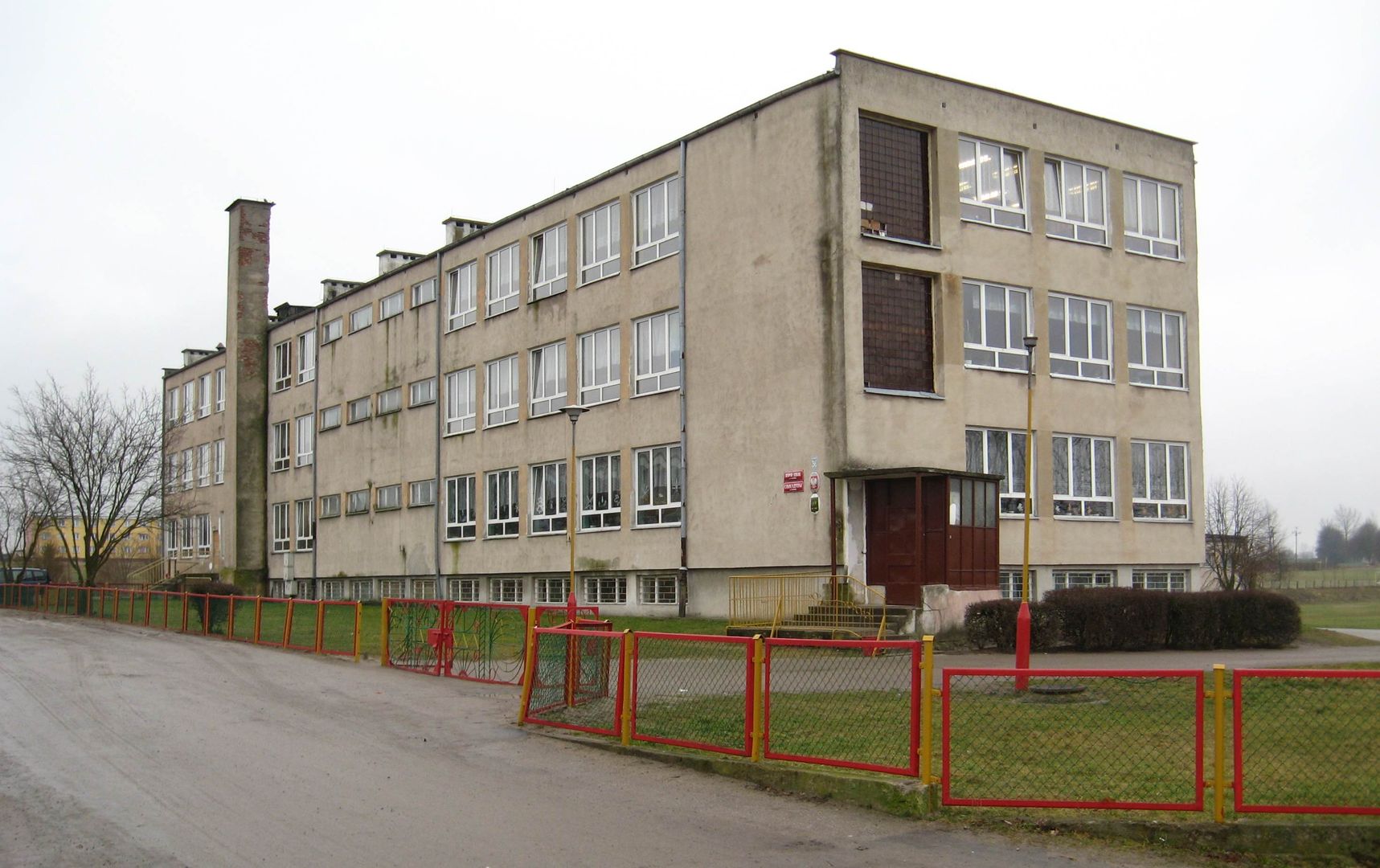Garbno
6.67

Overview
Garbno, known in German as Lamgarben, is a settlement in the Warmian-Masurian Voivodeship, in Kętrzyn County, serving as the seat of the local administrative district (sołectwo) that also includes Dubliny. The history of Garbno dates back to the time of the Teutonic Knights, who built a castle here in 1328, later destroyed during the Thirteen Years' War. In the vicinity, there was an Old Prussian settlement, and the name Garbno derives from Old Prussian words meaning "hill among marshes" or "witch’s hill." After the secularization of the Teutonic Order, the village passed into the hands of various families. In the 19th century, it became associated with Elisabeth Boehm, the founder of Rural Women's Associations, who gained recognition in Germany. At the beginning of the 20th century, Garbno had 652 inhabitants. After World War II, a State Agricultural Farm (PGR) was established here, and the settlement gained new social and infrastructural facilities, including a school and a health center. Culture was promoted through artistic initiatives and the organization of exhibitions. The parish in Garbno was established in 1981, and a new church was built on the foundations of the former one, preserving Gothic architectural elements. It is worth noting the nearby stronghold, which may date back to the 13th–14th century, although it remains relatively unexplored. Today, Garbno is a place rich in history, with elements of Polish and German culture and interesting architectural heritage, including an old manor that was converted into the PGR headquarters and is now privately owned.
Location
2026 Wizytor | All Rights Reserved